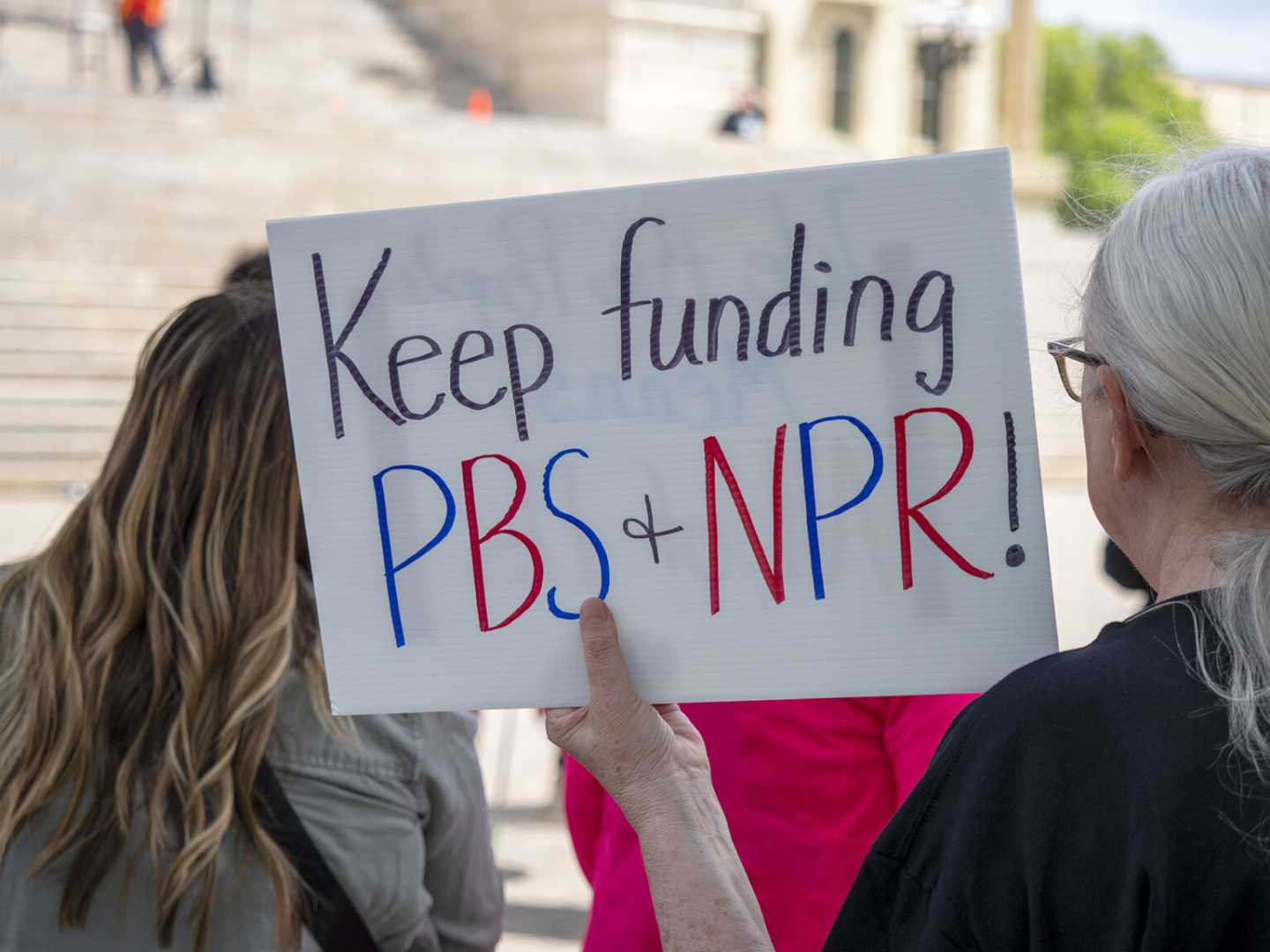Politics
House Votes to Cut Public Media Funding Amid Controversy

WASHINGTON, D.C. — The U.S. House of Representatives voted narrowly on Thursday to rescind the next two years of federal funding for public media outlets, including NPR and PBS. This vote took place at the request of President Trump, who has long criticized these networks for perceived bias against conservative views. The measure passed by a vote of 214 to 212, reflecting strong partisan divisions.
The bill also seeks to retract a total of $9.4 billion in spending, mainly targeting foreign aid programs and public broadcasting. Of this amount, $8.3 billion is allocated for global public health and disaster assistance while the rest is designated for the Corporation for Public Broadcasting (CPB), which distributes funds to local stations.
Congress approved this funding earlier this year as part of a bipartisan effort, aimed at protecting public media from political pressure. However, the current administration’s push to cut this funding aligns with long-standing Republican calls to eliminate federal support for public broadcasting.
Supporters of public media, including NPR CEO Katherine Maher and PBS President Paula Kerger, condemned the vote. Maher stated, “If rescission passes and local stations go dark, millions of Americans will no longer have access to locally owned, independent media and will bear the risk of living in a news desert.” Kerger emphasized that public media provides unique programming and vital emergency services.
The legislation received mixed reactions from within the Republican Party, with two Republican representatives switching votes to support the measure. House Majority Leader Steve Scalise defended the move, asserting that the bill is part of an effort to cut what he terms “wasteful” government spending.
As the bill moves to the Senate, it needs a simple majority to pass and must be approved within 45 days of the president’s request. The Senate is expected to act quickly, as the deadline approaches mid-July. Senate Majority Leader John Thune indicated that discussions on the bill will begin soon.
The outcome of this legislation could significantly impact local news sources, especially in rural areas where public broadcasting serves as a vital information source. Many reporters and lawmakers are urging constituents to communicate their support for public media as the Senate vote approaches.












